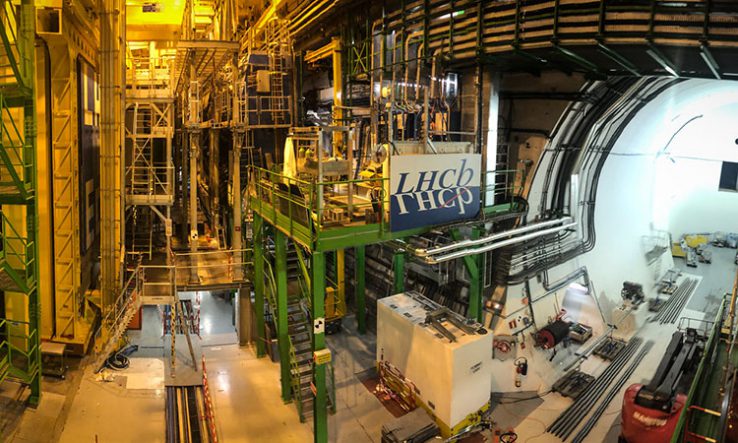
Image: Rosa Menkman [CC BY 2.0], via Flickr
UK funder and European nuclear organisation agree to collaborate on advanced green technologies
Cern, the European organisation for nuclear research, and the UK Science and Technology Facility Council have agreed to collaborate to increase the environmental sustainability of particle accelerators.
Fabiola Gianotti, Cern’s director-general, and STFC’s executive chair, Mark Thomson, signed an agreement for “the research and development of advanced new technologies” on 22 March.
“This agreement is an important step towards a more environmentally responsible future for the field of particle physics,” said Thomson.
The agreement, which umbrella body UK Research and Innovation said “will make future particle accelerators ‘significantly’ more sustainable”, includes the proposed establishment by STFC of a new UK-based laboratory to host and support R&D in key technologies aimed at reducing the environmental impact of accelerators.
Energy-intensive facilities
Both organisations have accelerator facilities, which require large amounts of energy to direct particles along a trajectory at high speeds and energies. Scientists use such facilities to study a wide range of topics, from new types of batteries to the fundamental building blocks of the universe.
Their existing facilities include STFC’s Oxfordshire-based ISIS Neutron and Muon Source and Cern’s Large Hadron Collider, the world’s largest and most powerful particle accelerator. Both organisations are also designing new, more sustainable accelerators: STFC is developing an ISIS-II upgrade while Cern is working on a Future Circular Collider.